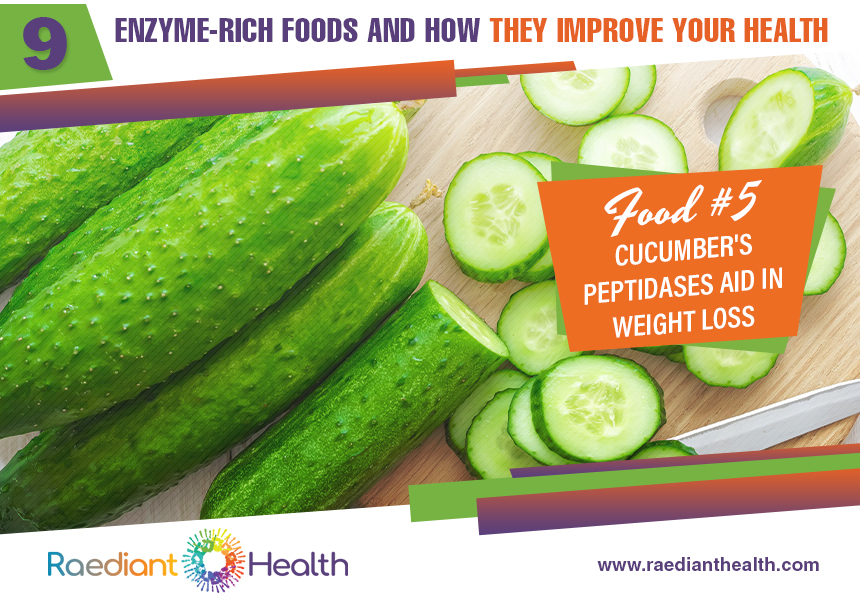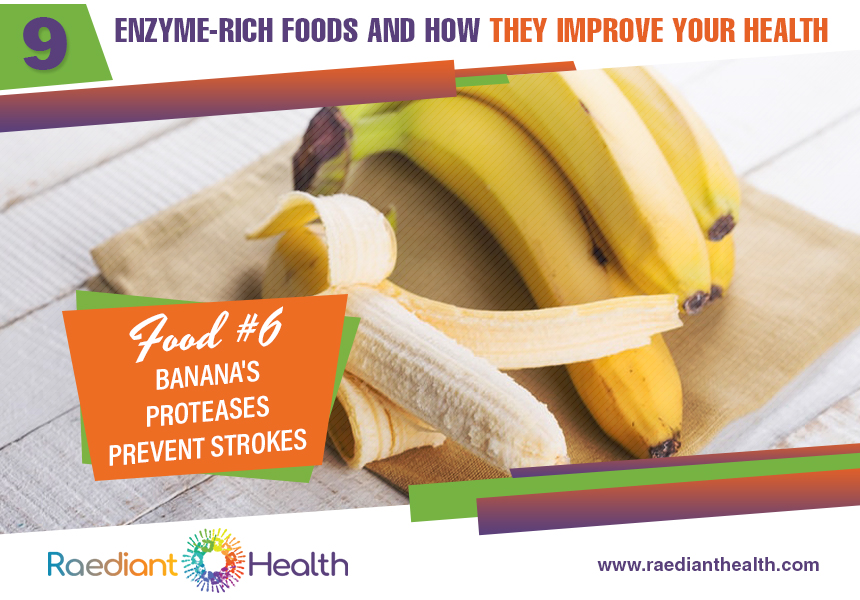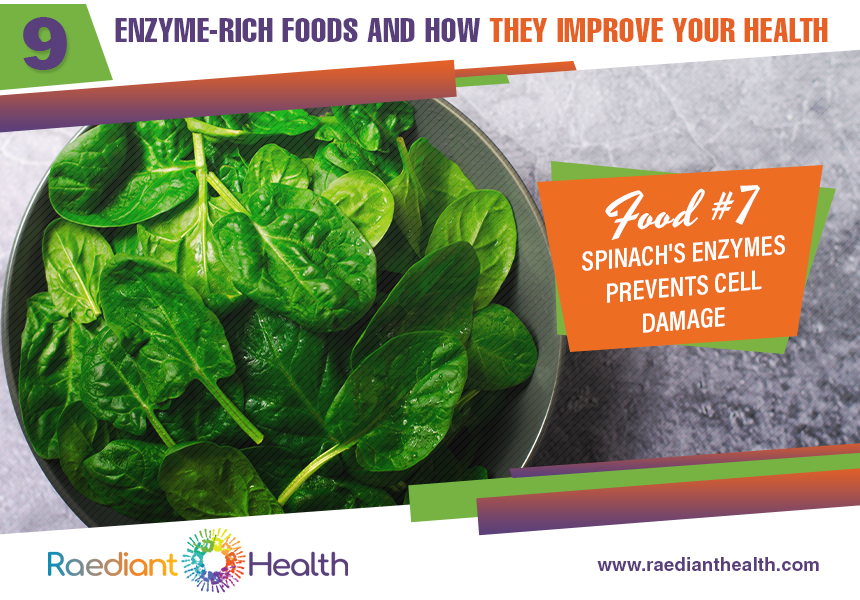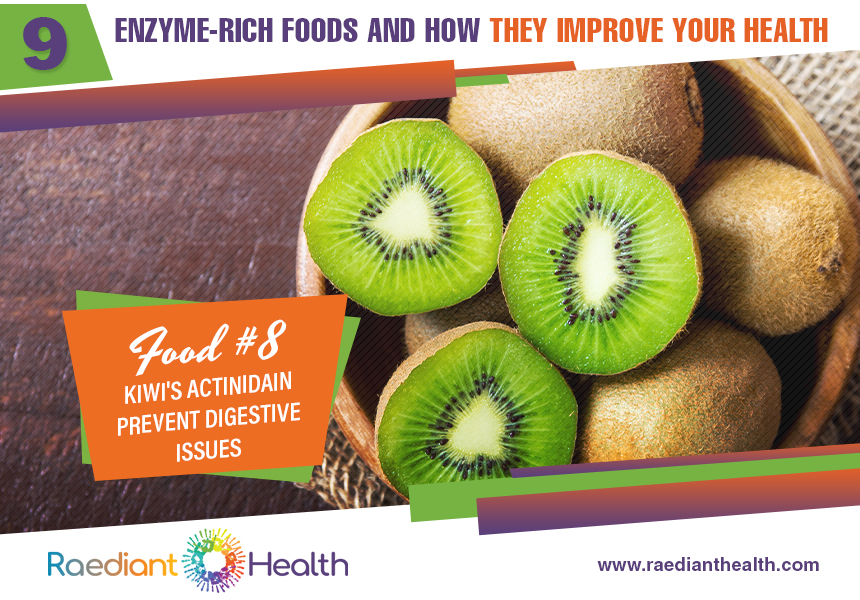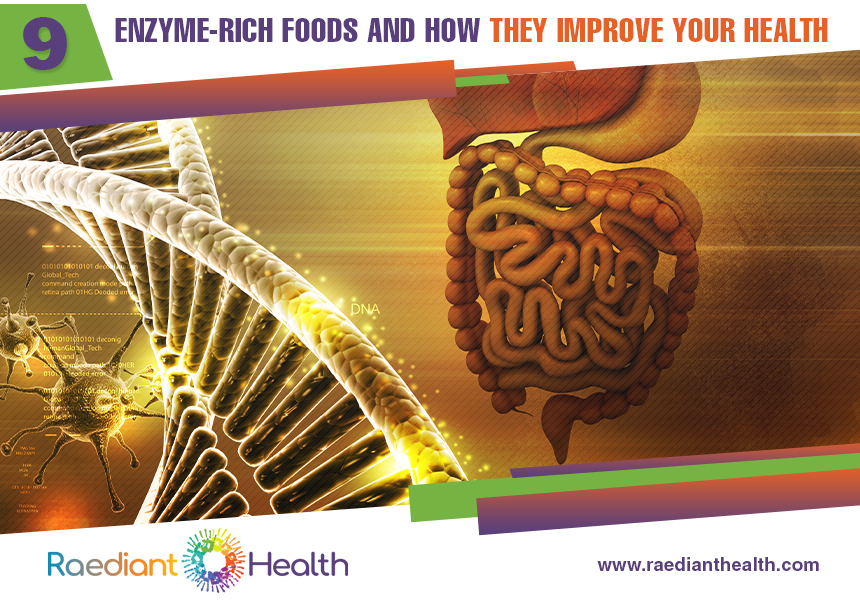9 Health Conditions That Proteolytic Enzymes Help With
Proteolytic enzymes are naturally occurring in the human body and help break down proteins. These enzymes can be beneficial for people who have several health issues, including Crohn’s disease, ulcerative colitis, celiac disease, chronic constipation or diarrhea, pancreatitis, and asthma. This article will explore how proteolytic enzymes might help with these nine different conditions.
First, you will learn how proteolytic enzymes help with Crohn’s disease and ulcerative colitis. Next, you will learn about proteolytic enzymes and celiac disease. Then, we will cover chronic constipation or diarrhea, irritable bowel syndrome, and pancreatitis and wrap up with arthritis, chronic pain, and the common cold and asthma being treated using oral proteolytic enzyme supplements. Once you have finished reading, answering the question of supplementing with proteolytic enzymes when you have any of these conditions will be easy.

1Crohn’s Disease Or Ileitis
Crohn’s disease is a chronic inflammatory bowel disease that affects the lining of the digestive tract. Some people with Crohn’s disease find relief from symptoms when they take proteolytic enzymes. The enzymes can help reduce inflammation throughout the digestive tract, which helps people with Crohn’s disease feel better.
These enzymes are usually taken before breakfast and dinner because they break down proteins in food, but it is recommended that you talk to your doctor about taking them if you have any health conditions (including IBS). Proteolytic enzymes can also help people who have Crohn’s disease to lose weight. The enzymes help break down the proteins in food, which means that the person doesn’t take in as many calories. This can be helpful for people who are trying to lose weight and manage their Crohn’s disease at the same time.

2Ulcerative Colitis
Ulcerative colitis is a type of inflammatory bowel disease that causes inflammation and sores in the lining of the large intestine. People with ulcerative colitis often find relief from their symptoms when they take proteolytic enzymes. The enzymes help reduce inflammation throughout the digestive tract, which can help alleviate some of the symptoms of ulcerative colitis, such as diarrhea.
Gaining control of inflammation should, in turn, help reduce your symptoms and lead to longer periods of remission. Since there’s no cure for ulcerative colitis, keep in mind that managing it is an ongoing process. Managing ulcerative colitis is not easy. It requires ongoing effort to keep the disease under control and prevent flare-ups, which can be painful and even debilitating.

3Celiac Or Coeliac Disease
Celiac disease is an autoimmune condition in which gluten-containing meals cause intestinal damage. Some research has indicated that proteolytic enzymes might be advantageous for persons with celiac disease who have damaged their intestines because they break down gluten and casein (which are present in dairy products). As a result of this, when someone with celiac disease takes proteolytic enzymes, they may be able to absorb more nutrients and minerals from the food that they eat.
This can be helpful for people who have trouble digesting these proteins. Many people with celiac disease find that they feel better when they avoid foods that contain gluten and casein. But if you find it difficult to follow a gluten-free or casein-free diet, taking proteolytic enzymes might be a good option for you.

4Chronic Constipation Or Diarrhea
If you have chronic constipation or diarrhea, you can find relief from your symptoms if you take proteolytic enzymes. The enzymes help improve digestion and break down proteins. This helps food move through the digestive tract more smoothly so that you do not feel as bloated.
Proteolytic enzymes can also help regulate bowel movements. This can be helpful for people who have chronic constipation or diarrhea. If you are struggling with these issues, talk to your doctor about taking proteolytic enzymes.

5Irritable Bowel Syndrome Or IBS
Enzymes help reduce inflammation throughout the digestive tract, which can improve digestion and relieve some of the abdominal pain that people with IBS experience. Proteolytic enzymes can also help regulate bowel movements. This can be helpful for people who have IBS.
Digestive enzymes are proteins that regulate the chemical processes by which the body digests food. The enzymes dissolve the meal into nutrient particles until they are small enough to be absorbed into the circulation and dispersed throughout the body. Because digestive enzymes aid in fat, carbohydrate, and protein breakdown, taking a supplement of these enzymes can improve digestion and alleviate IBS.

6Acute And Chronic Pancreatitis
Pancreatitis is a condition that causes inflammation of the pancreas. Taking proteolytic enzymes can help people with pancreatitis to reduce inflammation and feel better. Enzymes help break down proteins, like gluten and casein (which are present in dairy products), so they don’t irritate your stomach or cause other problems.
Enzymes may aid in the reduction of inflammation and the relief of symptoms. Pancreatitis is diagnosed through a fecal elastase 1 test. To perform this procedure, you’ll need to collect a stool sample in a container. It will be sent to a laboratory where an enzyme that’s involved in digestion will be sought. The test will help determine the severity of your pancreatitis and whether you would benefit from enzyme supplementation.
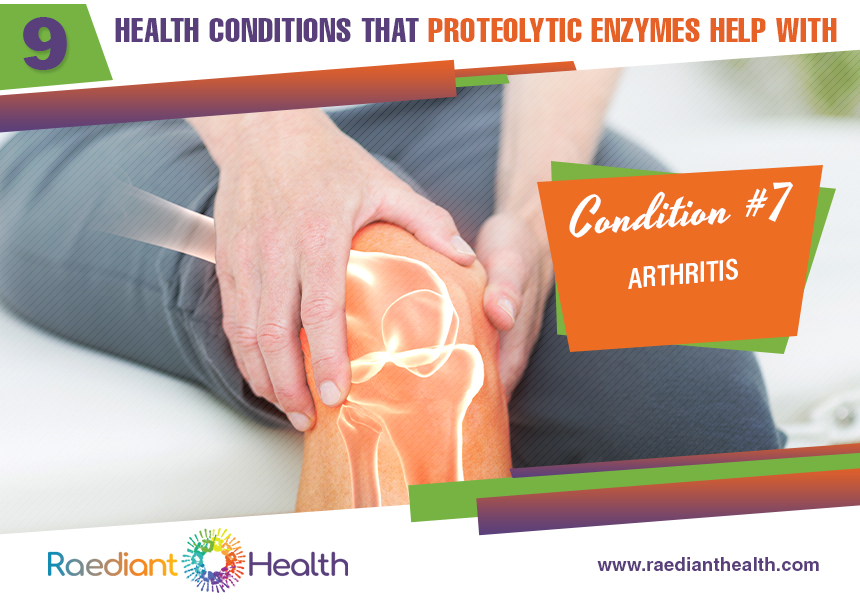
7Arthritis
Proteolytic enzymes can help reduce inflammation in people with arthritis. The enzymes break down proteins, which reduces inflammation. This can be helpful for people who have arthritis.
Proteolytic enzymes are a type of enzyme that breaks down proteins. Proteolysis is the process by which these enzymes break down proteins. Enzyme supplements that contain proteolytic enzymes may help reduce inflammation and pain in people with arthritis.

8Chronic Pain And Inflammation
Taking proteolytic enzymes may help reduce the pain that is associated with conditions like arthritis, pancreatitis, or other inflammatory disorders. Enzymes have been used as a traditional treatment for chronic pain in Japan and China for many years. Chronic pain can be treated using oral proteolytic enzyme supplements.
These types of enzyme supplements have been used as a traditional treatment for chronic pain for many years. Proteolytic enzymes help reduce inflammation. This can help decrease the amount of pain that you feel.

9The Common Cold And Asthma
Taking a proteolytic enzyme supplement when you have a common cold can help reduce your symptoms. Enzymes break down proteins, which reduces inflammation and boosts immunity. Proteolytic enzymes help reduce inflammation and boost immunity, which can help you recover from a cold more quickly.
A recent study examined the effects of a proteolytic enzyme called nattokinase on asthmatics. They wanted to see whether there would be any changes in nasal polyps, mucus viscosity, and nasal discharge as a result of treatment with nattokinase. They discovered that nattokinase reduced the viscosity of mucus and improved the overall condition of the subjects’ respiratory tracts. This can be helpful for people who have chronic respiratory conditions, like asthma or allergies.

Proteolytic enzymes are produced by the human body and are used to break down proteins. These enzymes can aid those with a variety of ailments, including Crohn’s disease, ulcerative colitis, celiac disease, chronic constipation or diarrhea, pancreatitis, and asthma. This article explored how proteolytic enzymes might help with these nine different conditions. Enzymes can help improve digestion and reduce inflammation, which can lead to relief from symptoms. Remember that managing these conditions requires ongoing effort and a commitment to maintaining a healthy lifestyle.
First, you learned how proteolytic enzymes help with Crohn’s disease and ulcerative colitis. Next, you learned about proteolytic enzymes and celiac disease. Then, we covered chronic constipation or diarrhea, irritable bowel syndrome, and pancreatitis and wrapped up with arthritis, chronic pain, and the common cold and asthma being treated using oral proteolytic enzyme supplements. Now that you have finished reading, answering the question of supplementing with proteolytic enzymes when you have any of these conditions will be easy.







